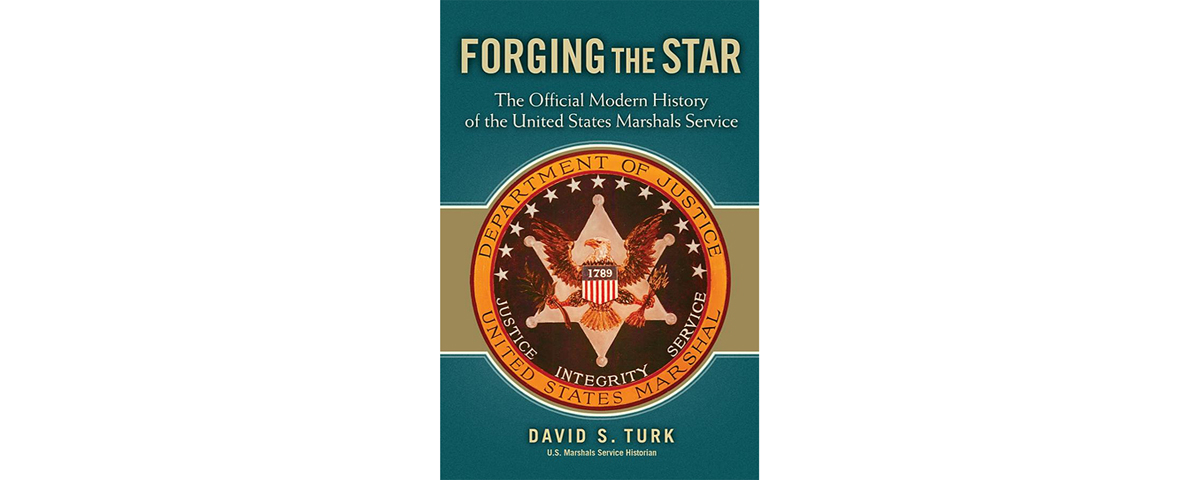Forging the Star: The Official Modern History of the United States Marshals Service, by David S. Turk, University of North Texas Press, Denton, 2016, $29.95
The U.S. Marshals Service has been around since 1789, and as aficionados of the Old West and Western movies know, the marshals once carried six-shooters while trying to uphold the law in the vast, remote territories of the 19th-century West. Marshals’ duties and the public perception of their occupation has changed through the years, and much of the romance—imbued by such legendary marshals as Bill Tilghman, Bass Reeves, Heck Thomas, Wyatt Earp and Wild Bill Hickok—has disappeared. Regardless, notes David Turk, U.S. Marshals Service historian, “The organization has survived and prospered because of its professional administration. Personnel understand the value of their heritage. The U.S. Marshals are the oldest federal law enforcement organization in the United States and handle dangerous situations regardless of how unpopular they might be. This repetitive fact is woven in our mission’s historical fabric.”
In his introduction Turk mentions how early films romanticized the kind of law and order marshals brought to the Old West. But Forging the Star is about the modern-day marshals, who didn’t even get a nationally issued badge unit 1941. Today there are 94 presidentially appointed U.S. marshals (one in each federal court district) and only about 5,600 employees in the entire agency. Turk takes the reader on an informative, easy-to-read roundup of federal marshal activities through the decades, covering the marshals’ roles in such events as the American Indian Movement’s takeover of Alcatraz and occupation of Wounded Knee, the kidnapping and trial of Patty Hearst, the integration of the University of Mississippi, the trials of International Brotherhood of Teamsters President Jimmy Hoffa, Watergate, various hostage negotiations, transportation of prisoners and administration of the Witness Protection Program. Western film buffs honor the rugged marshals played by the likes of John Wayne, Randolph Scott and Clint Eastwood, but the unheralded real-life deputies deserve our appreciation.
—Editor





